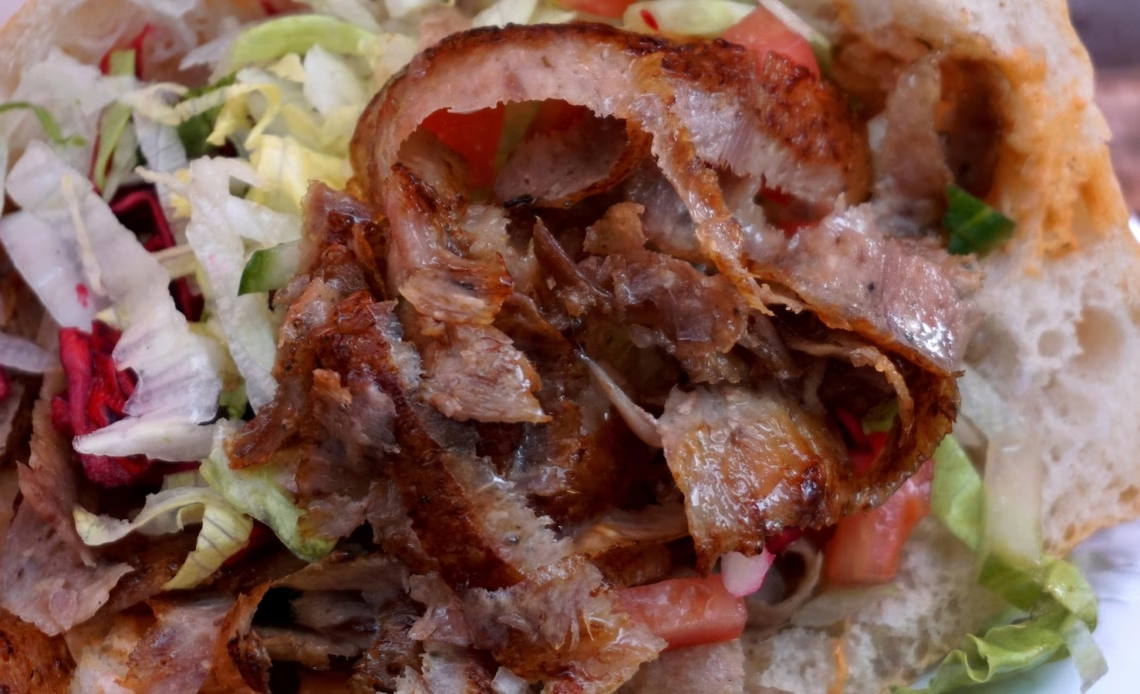BERLIN — Germans are in kebab angst.
They worry that their most beloved street food option, the spicy, juicy kebab in a pita that can be found on every street corner across Germany, may get more expensive — or even worse, that the country may be sliding into a national kebab shortage.
Even if these fears may sound exaggerated at first, they aren’t unfounded. Workers at one of Germany’s biggest kebab factories are locked in a bitter and ongoing fight with their employer over wages and working conditions.
For weeks, workers at the Birtat Meat World SE factory in southwestern Germany have repeatedly stopped the production line by walking off their jobs in “warning strikes,” demanding wage increases of 375 euros ($434) per month.
Their current salaries vary widely, and haven’t been disclosed. The Food, Beverages and Catering Union that represents them says that payment methods are nontransparent and workers are making vastly different salaries for the same kind of job, according to German news agency dpa.
Workers are also trying to organize a collective contract agreement for all employees with the help of the union.
Many workers are immigrants from Turkey, Romania or Bulgaria, who spend long, tough workdays in the factory, which has near freezing temperatures to keep the raw meat fresh.
On Wednesday, many workers walked off their jobs again, waving flags in front of the factory’s main gate, playing drums, whistling and shouting for higher salaries and unionized contracts.
German media have reported that Birtat hasn’t yielded to any of the demands so far. The company didn’t immediately respond to requests for an interview.
Birtat, which is located in Murr, 30 kilometers (nearly 20 miles) north of Stuttgart, has been making kebab skewers for more than 30 years. The company says on its website that it makes skewers of ground beef, veal, chicken or turkey kebab that can weigh up to 120 kilograms (260 pounds).
The workers chop up the meat, marinate it and push chunks of the raw produce on long metal skewers. The meat is then shock-frozen and and delivered to restaurants all over the country.
Birtat says it supplies thousands of kebab stands and fast food places and reaches more than 13 million consumers every month. Some restaurant owners worry that should the workers decide to go on a long-term strike, the Germans’ favorite fast-food snack may indeed become more expensive or even scarce.
Germans already complain that the meaty snack, which used to be a cheap…
Click Here to Read the Full Original Article at ABC News: Business…

